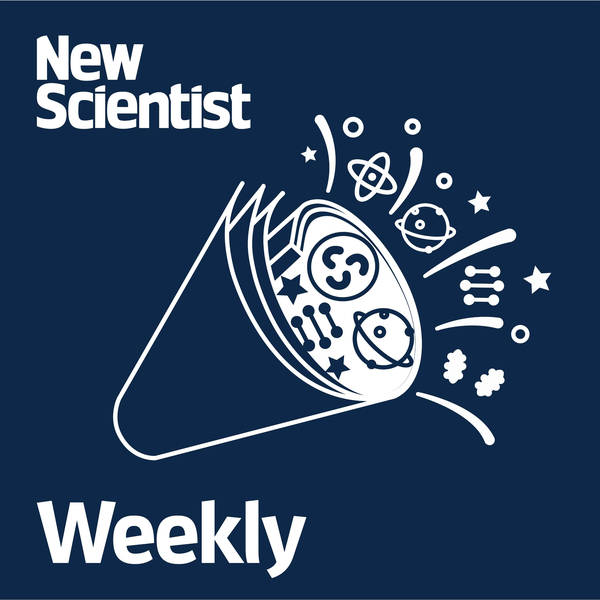
Weekly: Science that makes you laugh (and think); black holes behaving badly; drumming cockatoos
#215
A smart toilet with a camera inside that analyses your poop, plus a study of people who are fluent in speaking backwards – these are just two recipients of this year’s Ig Nobel prize. As the satirical sister to the Nobel prize, the Ig Nobels honour scientific achievements that make people laugh…then think. Prize founder Marc Abrahams on this year’s hilarious winners - and why even robots made from reanimating dead spiders can have a more serious side.
As the winter approaches in the northern hemisphere, updated versions of the covid-19 vaccine are being rolled out in many countries. Should you be lining up for your next booster? And a sneak peak at a new, more effective twist on Moderna’s mRNA vaccines.
Meanwhile, in the early universe, the James Webb Space Telescope has spotted ancient supermassive black holes that are much larger, relative to their galaxies, than we see in younger galaxies. A tantalising finding for astronomers who believe these anomalies could be evidence of a new kind of black hole.
And did you know that palm cockatoos are totally rock ’n’ roll? Not only do they drum, but they even craft their own drumsticks. Find out about their unique musical abilities, and what this says about their intelligence.
Hosts Timothy Revell and Christie Taylor discuss all of this with guests Marc Abrahams, Michael Le Page, Alex Wilkins and Chen Ly. To read more about these stories, visit newscientist.com.
Events and Links:
Hosted on Acast. See acast.com/privacy for more information.
